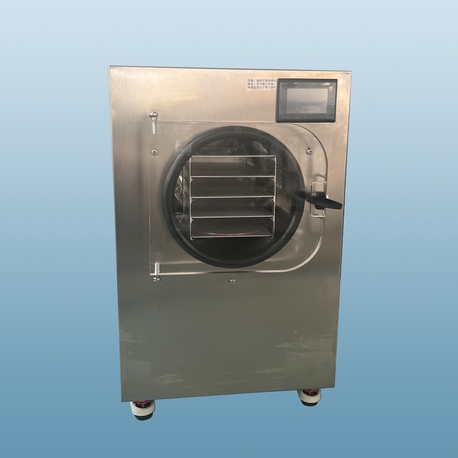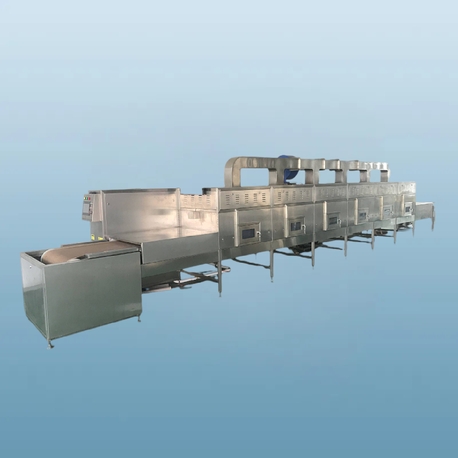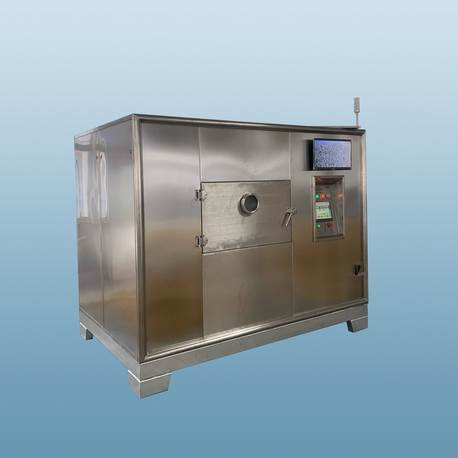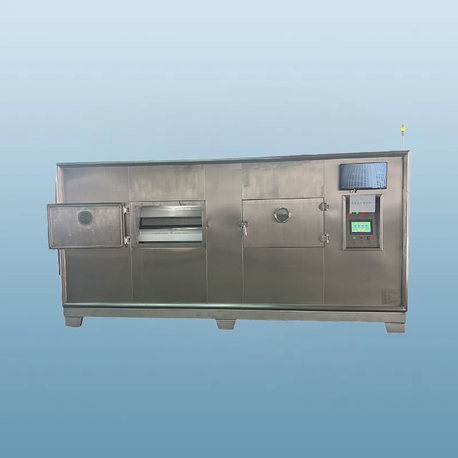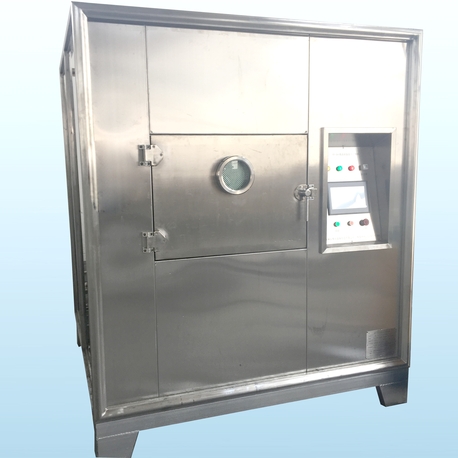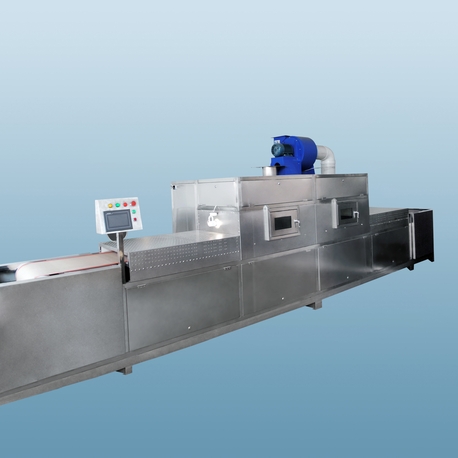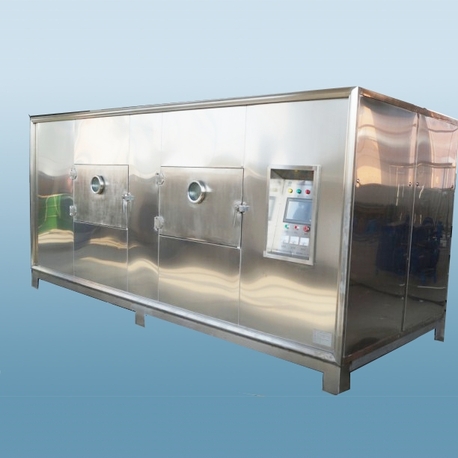Grain drying is a critical process in modern agriculture, ensuring that harvested crops like corn, wheat, and rice are preserved effectively by reducing moisture content. This not only prevents spoilage but also maintains grain quality for storage and marketability. At the heart of this process lies the grain dryer, a specialized machine designed to handle large volumes of grain efficiently. Whether you're a small-scale farmer or part of a large agribusiness, understanding grain dryers is essential for optimizing your operations. This article delves into the world of grain dryers, covering everything from the basics of the grain dryer machine to factors influencing grain dryer machine price, leading grain dryer manufacturers, and where to find grain dryers for sale. We'll also explore common problems faced by users and practical solutions. By the end, you'll have a well-rounded perspective to make informed decisions, ensuring your investment pays off in the long run.
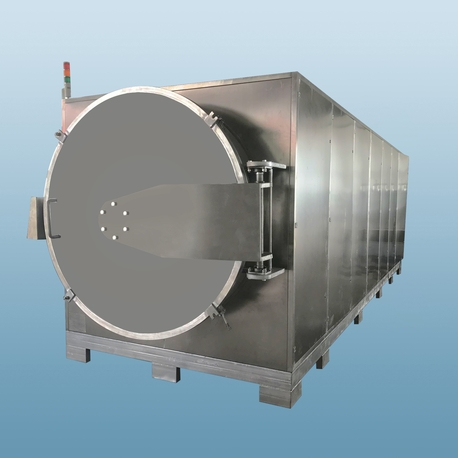
What is a Grain Dryer Machine?
A grain dryer machine is an agricultural device used to reduce the moisture content of grains through controlled heating and airflow. This process is vital because grains harvested from the field often contain high moisture levels, which can lead to mold growth, insect infestation, and overall degradation if not addressed promptly. By using a grain dryer, farmers can achieve the ideal moisture content—typically between 12% and 15%—for safe storage and transport. This not only extends the shelf life of the grains but also enhances their market value.
Grain dryers come in various types, each suited to different scales of operation. The most common include continuous flow dryers, which allow grain to move through the machine continuously while being dried, and batch dryers, which process grain in separate batches. Continuous flow dryers are ideal for large farms with high throughput needs, as they can handle tons of grain per hour. Batch dryers, on the other hand, are more suitable for smaller operations due to their lower capacity and flexibility. Another type is the in-bin dryer, which integrates drying and storage in one unit, offering a cost-effective solution for some farmers. Regardless of the type, all grain dryers operate on similar principles: they use a heat source (such as propane, natural gas, or electricity) to warm air, which is then circulated through the grain mass. Fans ensure even distribution, while controls monitor temperature and humidity to prevent over-drying or damage.
The evolution of grain dryer technology has led to more energy-efficient and automated models. Modern grain dryer machines often feature digital controls, moisture sensors, and energy recovery systems, making them smarter and more environmentally friendly. When considering a grain dryer machine, it's important to assess factors like capacity, fuel type, and compatibility with your existing infrastructure. For instance, a high-capacity grain dryer might be necessary for commercial farms, whereas a portable unit could suffice for smaller setups. Understanding these basics helps in evaluating options from various grain dryer manufacturers and anticipating the grain dryer machine price. Moreover, knowing how the machine functions can aid in troubleshooting common issues, which we'll discuss later. In summary, a grain dryer machine is not just a tool but a strategic investment for any grain-producing operation, directly impacting profitability and sustainability.
Grain Dryer Manufacturers: Who Leads the Market?
When it comes to purchasing a grain dryer, the choice of manufacturer can significantly influence performance, reliability, and long-term costs. The market is populated by numerous grain dryer manufacturers, each offering unique features and specialties. Leading companies have built reputations for quality through decades of innovation and customer support. Some of the top grain dryer manufacturers include GSI Group, Shivvers, Mathews Company, and Sukup Manufacturing Co. These brands are known for their robust designs, advanced technology, and global distribution networks.
GSI Group, for example, is a prominent name in the industry, offering a wide range of grain dryers from small on-farm units to large commercial systems. Their products are praised for durability and efficiency, often incorporating features like automatic moisture control and energy-saving modes. Similarly, Shivvers specializes in precision drying with models that emphasize even drying and low fuel consumption. Mathews Company focuses on versatility, providing dryers that can handle various grain types and conditions. Sukup Manufacturing, on the other hand, is renowned for its innovative designs, such as cross-flow and mixed-flow dryers that optimize airflow and reduce drying time. When evaluating grain dryer manufacturers, it's crucial to consider factors like after-sales service, warranty, and availability of spare parts. A manufacturer with a strong support network can minimize downtime, which is critical during harvest seasons.
In addition to these established players, there are regional and emerging grain dryer manufacturers that cater to specific markets. For instance, in Asia, companies like Zhonghui Agricultural Machinery have gained traction by offering affordable models tailored to local needs. When researching grain dryer manufacturers, farmers should look for certifications, customer reviews, and case studies. Attending agricultural fairs or consulting with industry experts can provide firsthand insights. It's also wise to compare the grain dryer machine price across different manufacturers, as costs can vary based on brand reputation and features. Some manufacturers offer customized solutions, which might be beneficial for unique operational requirements. Ultimately, choosing the right grain dryer manufacturers involves balancing cost, quality, and support. By selecting a reputable brand, you can ensure that your grain dryer machine delivers consistent performance, reducing the risk of common problems and enhancing overall efficiency. As we move to discuss pricing, remember that the manufacturer's reputation often correlates with the grain dryer machine price, but it's not the only factor—features and capacity play a key role too.
Grain Dryer Machine Price: Factors and Expectations
The grain dryer machine price is a major consideration for any buyer, as it represents a significant investment. Prices can range from a few thousand dollars for basic models to over $100,000 for high-capacity commercial units. Understanding the factors that influence the grain dryer machine price helps in budgeting and making cost-effective choices. Key determinants include capacity, type of dryer, fuel efficiency, and additional features. For instance, a small batch dryer with a capacity of 100 bushels might cost between $5,000 and $15,000, while a large continuous flow dryer handling 1,000 bushels per hour could exceed $50,000. The type of dryer also affects the price; continuous flow dryers are generally more expensive due to their complexity and higher throughput.
Fuel type is another critical factor. Grain dryers that run on propane or natural gas tend to have lower operating costs but might have a higher upfront grain dryer machine price compared to electric models. However, electric dryers could be more economical in regions with cheap electricity. Energy-efficient features, such as heat recovery systems or automated controls, can increase the initial cost but lead to long-term savings by reducing fuel consumption. Additionally, brand reputation from grain dryer manufacturers plays a role; well-known brands often command premium prices due to their reliability and support services. It's not uncommon for the grain dryer machine price to include installation and training, so buyers should inquire about what's covered in the quote.
When budgeting for a grain dryer machine price, it's essential to consider the total cost of ownership, which includes maintenance, repairs, and energy expenses. For example, a cheaper model from a lesser-known manufacturer might seem attractive, but if it requires frequent repairs, the long-term costs could outweigh the initial savings. Conversely, investing in a higher-priced unit from a top grain dryer manufacturer might offer better durability and lower operating costs. To get a accurate idea of the grain dryer machine price, prospective buyers should request quotes from multiple suppliers and compare specifications. Online platforms and dealerships often list grain dryers for sale with detailed pricing, but negotiating with sellers can sometimes lead to discounts, especially during off-seasons. It's also worth exploring financing options or government subsidies for agricultural equipment, which can make the purchase more affordable. In summary, the grain dryer machine price is influenced by a mix of technical and market factors. By carefully assessing your needs and researching options, you can find a machine that fits your budget without compromising on quality. As we transition to discussing availability, remember that the grain dryer machine price is just one part of the equation—knowing where to find grain dryers for sale is equally important.

Grain Dryers for Sale: Where and How to Buy
Finding grain dryers for sale requires a strategic approach to ensure you get the best deal. There are several channels where buyers can locate grain dryers for sale, including dealerships, online marketplaces, auctions, and direct sales from manufacturers. Dealerships specializing in agricultural equipment are a reliable source, as they often provide new models from reputable grain dryer manufacturers along with warranties and service support. For example, visiting a local dealer allows you to see the grain dryer machine in person, ask questions, and even arrange a demonstration. This hands-on experience can be invaluable in assessing whether a particular model meets your needs.
Online platforms have become increasingly popular for finding grain dryers for sale. Websites like TractorHouse, AgriSupply, and even eBay list numerous options, both new and used. These platforms often include detailed descriptions, photos, and seller ratings, making it easier to compare the grain dryer machine price and features. However, buying online requires caution; always verify the seller's credibility and check for return policies. Auctions, whether online or in-person, can offer discounted prices on grain dryers for sale, especially for used equipment. While auctions might present bargains, they also carry risks, such as limited inspection opportunities or hidden defects. Therefore, it's advisable to research the grain dryer's history and, if possible, inspect it before bidding.
When considering grain dryers for sale, it's important to evaluate whether to buy new or used. New grain dryer machines come with the latest technology, warranties, and support from grain dryer manufacturers, but they come at a higher grain dryer machine price. Used dryers, on the other hand, are more affordable but may require more maintenance and have a shorter lifespan. If opting for a used grain dryer, look for well-maintained units from trusted brands and ask for maintenance records. Another option is to purchase directly from grain dryer manufacturers, who sometimes offer factory deals or refurbished models. This can be a cost-effective way to get a reliable machine with some warranty coverage.
Before making a purchase, define your requirements clearly. Consider factors like the type of grain you'll be drying, your farm's capacity, and available space. This will help narrow down the search for grain dryers for sale. Additionally, read reviews and seek recommendations from other farmers or agricultural forums. Timing can also affect availability and price; for instance, grain dryers for sale might be more abundant and cheaper after the harvest season when demand is lower. Finally, don't forget to factor in delivery and installation costs, which can add to the overall expense. By exploring multiple channels and doing thorough research, you can find grain dryers for sale that align with your budget and operational needs. As we look into common problems, remember that a well-informed purchase can mitigate many issues, but being prepared for challenges is still crucial.
Common Problems with Grain Dryers and How to Solve Them
Even with the best grain dryer machine, users may encounter common problems that can affect performance and efficiency. Understanding these issues and their solutions is key to minimizing downtime and maintaining productivity. One frequent problem is uneven drying, where some grains are over-dried while others remain too moist. This often results from improper airflow distribution or overloading the dryer. To solve this, ensure that the grain is spread evenly in the dryer and that fans and vents are clean and functioning properly. Regular maintenance, such as checking for blockages, can prevent this issue. Another common issue is high energy consumption, which drives up operating costs. This can be caused by inefficient heating elements or poor insulation. Upgrading to an energy-efficient model or optimizing settings based on grain type and moisture levels can help reduce costs.
Mechanical failures, such as fan malfunctions or thermostat errors, are also prevalent. These can lead to incomplete drying or even damage to the grain. Routine inspections and timely repairs are essential; for example, lubricating moving parts and calibrating sensors annually can prevent breakdowns. Many grain dryer manufacturers provide maintenance schedules, so following them closely is advisable. Additionally, problems with ignition or fuel supply in gas-powered dryers can cause interruptions. Checking fuel lines and ignition systems regularly can avert these issues. For electric models, power surges or wiring problems might occur, so using surge protectors and ensuring proper electrical connections is important.
Safety concerns, like fire hazards due to overheated grain or dust accumulation, are critical problems. Grain dust is highly combustible, so keeping the dryer and surrounding area clean is vital. Installing temperature monitors and automatic shutdown systems can enhance safety. Another challenge is compatibility with different grain types; for instance, drying delicate grains like rice requires lower temperatures to prevent cracking. Adjusting the dryer settings according to the grain being processed can mitigate this. Lastly, technological glitches in automated controls may lead to inefficiencies. Resetting the system or updating software, if available, often resolves such problems.
To address these common problems, proactive maintenance is key. Keep a log of operations and perform regular checks on components like belts, bearings, and sensors. Training operators on proper usage can also prevent many issues. If problems persist, consulting the grain dryer manufacturers or a professional technician is recommended. By being aware of these common problems and their solutions, farmers can extend the lifespan of their grain dryer machine and ensure consistent performance. This knowledge complements the earlier sections on manufacturers, price, and availability, providing a holistic view for anyone investing in grain dryers.
In conclusion, grain dryers are indispensable tools in modern agriculture, and making the right choice involves considering multiple aspects. From selecting reputable grain dryer manufacturers to understanding the grain dryer machine price and knowing where to find grain dryers for sale, each step requires careful thought. By addressing common problems proactively, you can maximize the benefits of your investment. Whether you're a seasoned farmer or new to grain drying, this overview aims to guide you toward a decision that enhances efficiency and profitability. Remember, a well-chosen grain dryer not only preserves your harvest but also supports sustainable farming practices for the future.


